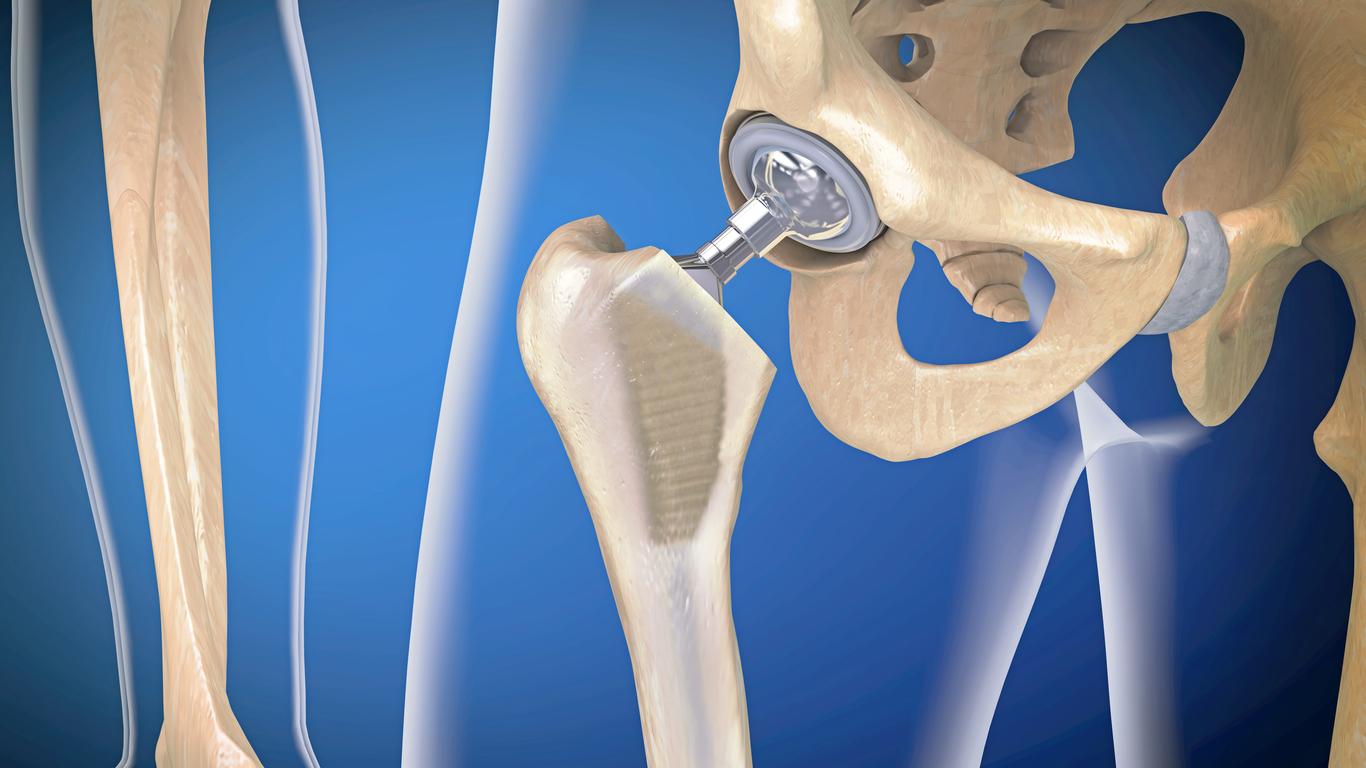The ANSM alerts patients and users to the risks associated with the misuse of ketamine.

- The ANSM is issuing an alert against the misuse of ketamine and the risk of serious side effects.
- Abuse, misuse, prolonged or repeated use of ketamine can cause severe kidney and liver damage.
- Ketamine is a narcotic which also acts on brain activity (psychotropic action). It therefore requires strict and supervised prescription taking into account the risk of dependence and addiction.
The ANSM (National Agency for the Safety of Medicines and Health Products) issued on August 30, 2023, a alert relating to the misuse of ketamine.
Usually indicated in anesthesia, this drug, classified as a narcotic, is also prescribed for intractable or chronic pain (as in fibromyalgia) but outside of medical recommendations (MA).
And its use has seriously increased in recent years given its properties psychotropic drugs (acting on brain activity). This molecule is then used for non-medical festive or sexual use (chemsex).
Ketamine: a product that is not safe
But be careful because ketamine is not a harmless product. In the event of prolonged, repeated or misused use, it can in fact be responsible for serious damage to the liver and biliary tract (hepatitis for example), and the urinary tract (acute renal failure, etc.). And the occurrence of this type of complications has increased according to data from regional pharmacovigilance centers (CRPV).
Likewise, cases of medication errors have been reported. They are caused by confusion between the different dosages of ketamine medications.
Ketamine: precautions to take to avoid complications
Faced with the increase in cases of dependence, abuse and misuse of ketamine, the ANSM therefore informs doctors but also patients and users of this product that “L‘prolonged and/or repeated use of ketamine in a medical or recreational setting exposes you to risks’ :
- Liver damage such as inflammation of the bile ducts and decreased bile secretion. Regular blood tests that your healthcare professional has prescribed can detect them.
- Kidney and urinary tract damage such as non-infectious cystitis or interstitial cystitis (painful bladder syndrome), which can cause hydronephrosis (kidney damage linked to urinary retention). If you experience blood in the urine or pelvic pain which are symptoms of this type of condition, consult your doctor without delay.
- Dependence and addiction (need to increase dose to achieve same effect), especially in people with a history of drug dependence. You should consult your doctor if you are in this situation.
Ketamine: a narcotic with regulated prescription rules
L’ANSM also reminds that this medication is considered a narcotic, its prescription is made by secure prescription, under certain conditions and is limited to 28 days. It indicates that these medications are reserved for hospital use and that they can also be administered by any doctor specializing in anesthesia-resuscitation or emergency medicine when intervening in an emergency situation or as part of a mobile medical assistance or medical repatriation structure.
And like any medication, the use of ketamine is not without consequences. Let us remember, as the ANSM has already clarified in its 2023 campaign: “Medicines are not ordinary products, let’s not take them lightly”.
















